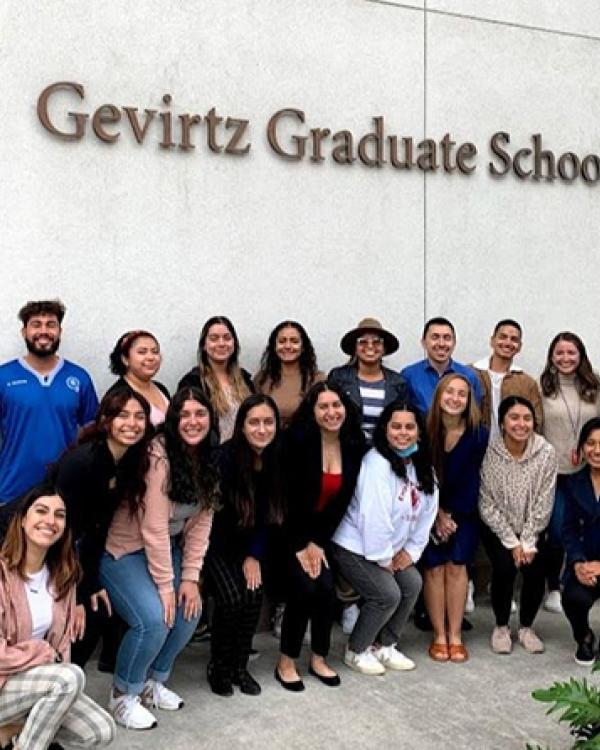
The Global California 2030 report from the state’s Department of Education made a strong case for multilingual education, asserting, “Studies have found that speaking two or more languages has many benefits. It strengthens memory and cognitive processes, improves speakers’ ability in their first language, expands cultural knowledge and understanding, builds self-confidence, and even delays the onset of Alzheimer’s and dementia.”
These positive outcomes led then CA State Superintendent of Public Instruction Tom Torlakson to write: “By 2030, we want half of all K–12 students to participate in programs leading to proficiency in two or more languages, either through a class, a program, or an experience. By 2040, we want three out of four students to be proficient in two or more languages, earning them a State Seal of Biliteracy.”
This ambition plan called for a serious ramping up of bilingual teacher preparation. A 2019 article in Education Next stated, “Fifty-eight percent of districts surveyed in 2017 by Californians Together, a nonprofit coalition of organizations advocating for English learners, planned to add or expand bilingual programs, but 86 percent of the districts said the shortage of teachers is a ‘hurdle to realizing those plans.’”
The Gevirtz School is rising to that challenge— starting with its 2022-23 cohort, UCSB’s Teacher Education Program will offer a Bilingual Authorization in Spanish, an additional program that can be added to any of our existing credential options.
TEP students who earn the Bilingual Authorization in Spanish (BASP), will gain direct experience with the option to student teach in a dual-language immersion program, take 3 additional classes throughout the program on bilingual education, and join a community that will help them prepare for a career in bilingual education and support them for years to come.
Upon graduation these students will be able to provide instruction for Spanish primary language development, provide language rich content instruction in Spanish and English, and provide instruction for English language development.
Amber Moran of TEP and Credential Analyst Katie Tucciarone worked on a Capacity Grant, offered by the California Commission on Teacher Credentialing (CTC), to collaborate with Santa Barbara County Education Office and Antioch University to offer a Bilingual Program. The School used grant funds to hire lecturer Paula Sevilla to help design the program and its curriculum, guided by state standards. Sevilla, then-acting TEP director Andrew Fedders and Tucciarone worked on the project for a year and submitted everything to the CTC in February. Some revisions were made and by June it was determined that we had met all of the required standards. Final approval was granted latter in summer.
This new program is clearly a game-changer eagerly awaited by schools that get to hire our graduates. “We have been blessed and fortunate to have a strong partnership and host a number of UCSB student teachers each school year,” says Jamie Persoon (TEP, MST, M.Ed., ’99), Principal at Canalino School in Carpinteria. “Specifically, because we began a dual language immersion program in 2016, we have been working with Spanish-English bilingual student teachers, and have hired some of them permanently as well following graduation. Our dual language immersion program is now in its fifth year of implementation, so the original cohort is in grade 4. There is great demand for high quality, highly trained, and bilingual teachers, and UCSB is proactive in recruiting and training those candidates. Getting the BASP certification in the Teacher Education Program was an important step for California's education system, and fulfilling the multi-lingual, multi-cultural goals. It is a pleasure and a privilege to have six student teachers on Canalino’s campus this school year, four of which are bilingual in Spanish!”